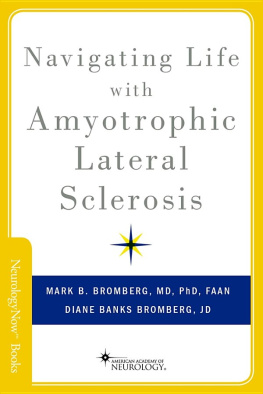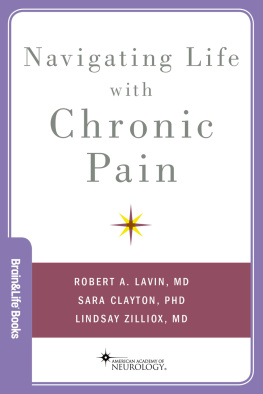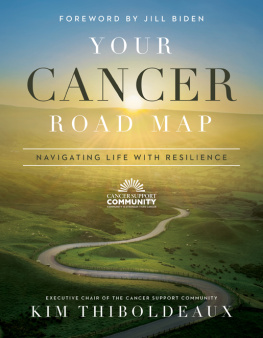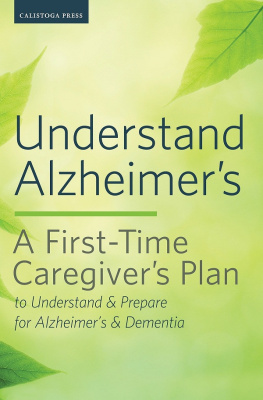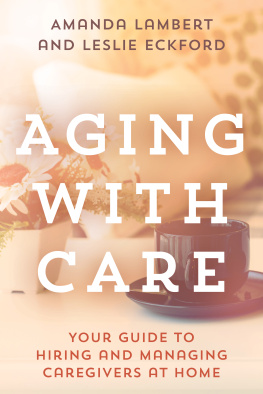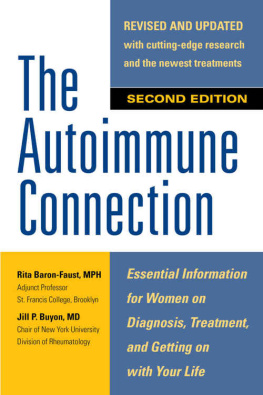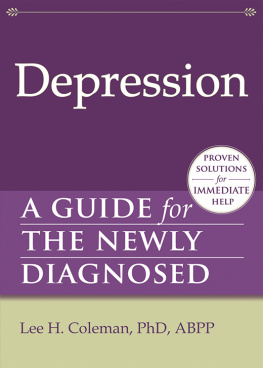Navigating Life with Amyotrophic Lateral Sclerosis
Lisa M. Shulman, MD, FAAN
Editor-in-Chief, Neurology Now Books Series
Fellow of the American Academy of Neurology
Professor of Neurology
The Eugenia Brin Professor in Parkinsons Disease and Movement Disorders
The Rosalyn Newman Distinguished Scholar in Parkinsons Disease
Director, University of Maryland PD & Movement Disorders Center
University of Maryland School of Medicine
Baltimore, MD
Other Titles in the Neurology Now Books Series
Navigating Life with Parkinsons Disease
Sortirios A. Parashos, MD, PhD; Rose Wichmann, PT; and Todd Melby
Navigating Life with a Brain Tumor
Lynne P. Taylor, MD, FAAN; Alyx B. Porter Umphrey, MD; and Diane Richard
Navigating the Complexities of Stroke
Louis R. Caplan, MD, FAAN
Navigating Life with Multiple Sclerosis
Kathleen Costello, MS, ANP-BC, MSCN; Ben W. Thrower, MD; and Barbara S. Giesser, MD
Navigating Life with Epilepsy
David C. Spencer, MD, FAAN

Oxford University Press is a department of the University of Oxford. It furthers the Universitys objective of excellence in research, scholarship, and education by publishing worldwide. Oxford is a registered trade mark of Oxford University Press in the UK and certain other countries.
Published in the United States of America by Oxford University Press
198 Madison Avenue, New York, NY 10016, United States of America.
American Academy of Neurology 2017
All rights reserved. No part of this publication may be reproduced, stored in a retrieval system, or transmitted, in any form or by any means, without the prior permission in writing of Oxford University Press, or as expressly permitted by law, by license, or under terms agreed with the appropriate reproduction rights organization. Inquiries concerning reproduction outside the scope of the above should be sent to the Rights Department, Oxford University Press, at the address above.
You must not circulate this work in any other form and you must impose this same condition on any acquirer.
Library of Congress Cataloging-in-Publication Data
Names: Bromberg, M. B. (Mark B.), author. | Banks-Bromberg, Diane, author.
Title: Navigating life with ALS / by Mark B. Bromberg, MD, FAAN, Department of Neurology, University of Utah, Salt Lake City, UT, Diane Banks-Bromberg, JD, Fabian Vancott, Salt Lake City, UT.
Description: New York, NY : American Academy of Neurology/Oxford University Press, [2017] | Includes index.
Identifiers: LCCN 2016036224 | ISBN 9780190241629 (alk. paper) | eISBN 9780190241643
Subjects: LCSH: Amyotrophic lateral sclerosisPopular works.
Classification: LCC RC406.A24 B76 2017 | DDC 616.8/39dc23
LC record available at https://lccn.loc.gov/2016036224
This material is not intended to be, and should not be considered, a substitute for medical or other professional advice. Treatment for the conditions described in this material is highly dependent on the individual circumstances. And, while this material is designed to offer accurate information with respect to the subject matter covered and to be current as of the time it was written, research and knowledge about medical and health issues is constantly evolving and dose schedules for medications are being revised continually, with new side effects recognized and accounted for regularly. Readers must therefore always check the product information and clinical procedures with the most up-to-date published product information and data sheets provided by the manufacturers and the most recent codes of conduct and safety regulation. The publisher and the authors make no representations or warranties to readers, express or implied, as to the accuracy or completeness of this material. Without limiting the foregoing, the publisher and the authors make no representations or warranties as to the accuracy or efficacy of the drug dosages mentioned in the material. The authors and the publisher do not accept, and expressly disclaim, any responsibility for any liability, loss or risk that may be claimed or incurred as a consequence of the use and/or application of any of the contents of this material.
We dedicate this book to Lois F. Hall and her husband, Ray A. Hall, parents of Diane Banks Bromberg. Lois rose to the challenges of ALS and lived her life enthusiastically until her passing. She participated in a drug trial that she hoped would shed light on this disease for the benefit of future patients. Ray unselfishly dedicated himself to helping Lois through her illness in every way possible.
CONTENTS
Lisa M. Shulman, MD, FAAN
Here is a question for you:
If you know more about your neurologic condition, will you do better than if you know less?
Well, not simply optimism but hard data show that individuals who are more knowledgeable about their medical conditions do have better outcomes. So learning about your neurologic condition plays an important role in doing the very best you can. The main purpose of both the Neurology Now Books series and Neurology Now magazine from the American Academy of Neurology (AAN) and the American Brain Foundation (ABF) is to focus on the needs of people with neurologic disorders. Our goal is to view neurologic issues through the eyes of people with neurologic problems, in order to understand and respond to their practical day-to-day needs.
So, you are probably saying, Of course, knowledge is a good thing, but how can it change the course of my disease? Well, healthcare is really a two-way street. After you have had a stroke, you need to find a knowledgeable and trusted neurologist; however, no physician can overcome the obstacle of working with inaccurate or incomplete information. Your physician is working to navigate the clues you provide in your own words combined with the clues from their neurologic examination, in order to arrive at an accurate diagnosis and respond to your individual needs. Many types of important clues exist, such as your description of your symptoms or your ability to identify how your neurologic condition affects your daily activities.
Poor patient-physician communication inevitably results in less-than-ideal outcomes. This problem is well described by the old adage, garbage in, garbage out. The better you pin down and communicate your main problem(s), the more likely you are to walk out of your doctors office with the plan that is right for you. Your neurologist is the expert in your disorder, but you and your family are the experts in you. Physician decision-making is not a one shoe fits all enterprise, yet when accurate, individualized information is lacking, thats what it becomes.
Whether you are startled by hearing a new diagnosis or you come to this knowledge gradually, learning that you have a neurologic problem is jarring. Many neurologic disorders are chronic; you arent simply adjusting to something newyou will need to deal with this disorder for the foreseeable future. In certain ways, life has changed. Now, there are two crucial next steps: the first is finding good neurologic care for your problem, and the second is successfully adjusting to living with your condition. This second step depends on attaining knowledge of your condition, learning new skills to manage the condition, and finding the flexibility and resourcefulness to restore your quality of life. When successful, you regain your equilibrium and restore a sense of confidence and control that is the cornerstone of well-being.

